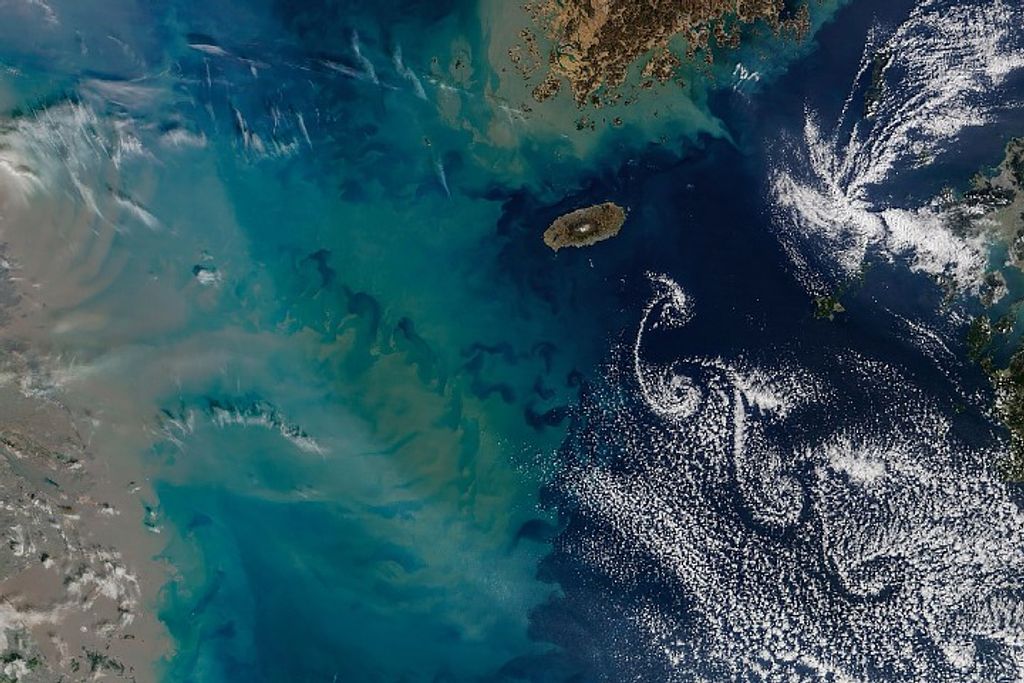Recently Published
Stay up-to-date with the latest content from NASA as we explore the universe and discover more about our home planet.
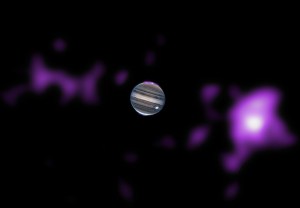
In late February, people in the Northern Hemisphere can look up for a special sight : Six planets will all be visible from clear and dark night skies. New sonifications from NASA’s Chandra X-ray Observatory released [day of week] will…
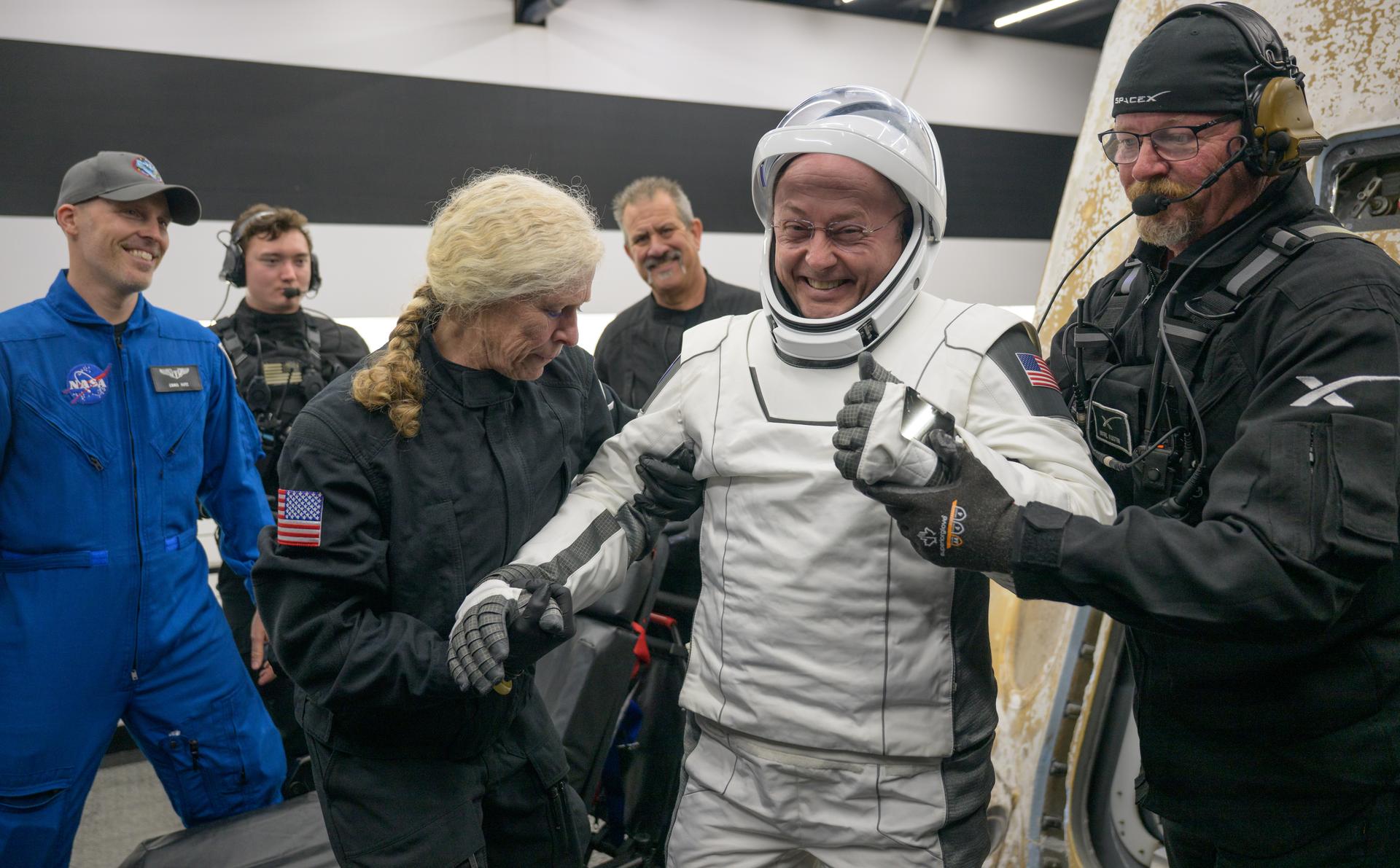
NASA is sharing the following information at the request of NASA astronaut Mike Fincke: “On Jan. 7, while aboard the International Space Station, I experienced a medical event that required immediate attention from my incredible crewmates. Thanks to their quick response…

Certain nutrients critical for human health lack the shelf life needed to span multi-year missions to the Moon, Mars, and beyond. NASA’s BioNutrients-3 is part of an experiment series testing ways to use microorganisms to produce these nutrients in space…
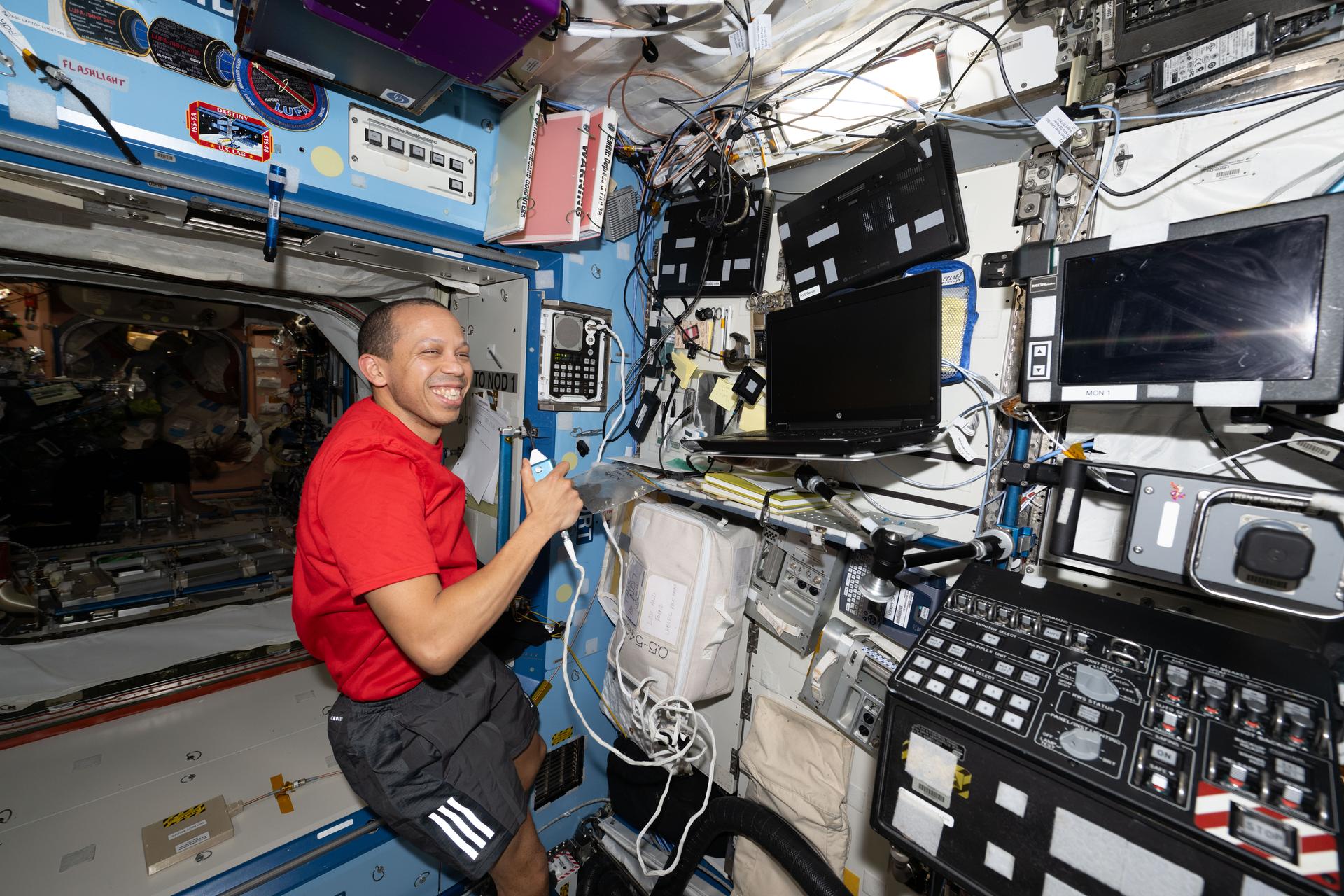
Human research, advanced robotics, and experimental workout gear filled the schedule for the Expedition 74 crew aboard the International Space Station on Wednesday. The orbital residents also continued packing a SpaceX Dragon with science experiments and space hardware for its…
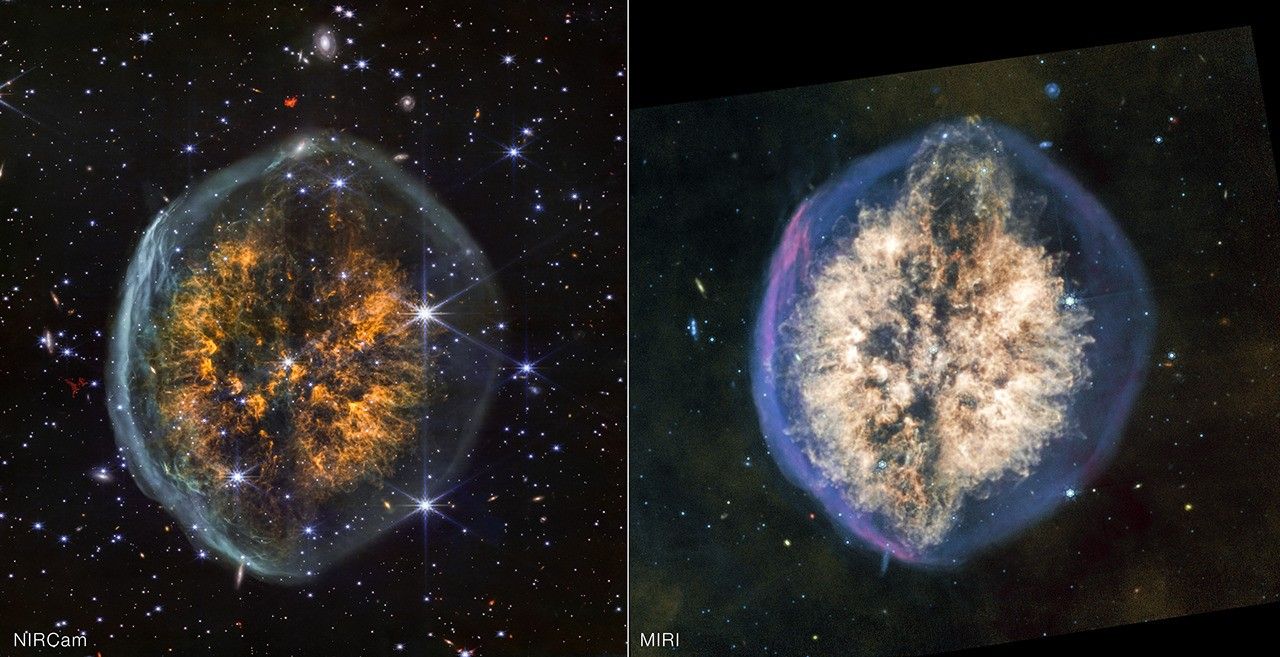
Two heads are better than one in the latest images from NASA’s James Webb Space Telescope, which reveal new detail in a mysterious, little-studied nebula surrounding a dying star. Nebula PMR 1 is a cloud of gas and dust that…
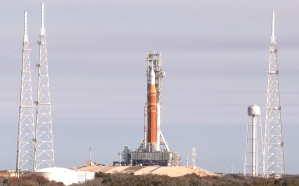
Editor’s Note: The launch director gave the “go” for rollback at 9:28 a.m. EST followed by first motion 10 minutes later. NASA’s SLS (Space Launch System) rocket and Orion spacecraft for the Artemis II mission began rolling off the launch pad at 9:38 a.m. EST, Feb. 25, at NASA’s Kennedy Space…
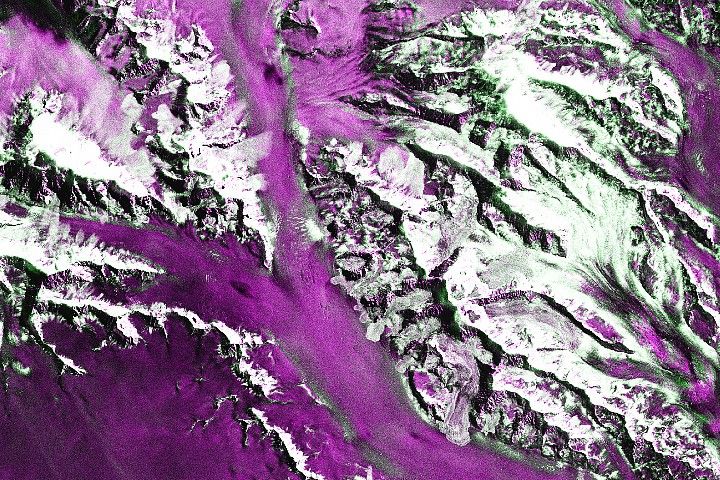
Satellite-based radar images show where a powerful earthquake in the Yukon, Canada, sent rock, snow, and ice spilling across the frozen landscapes of the St. Elias Mountains.
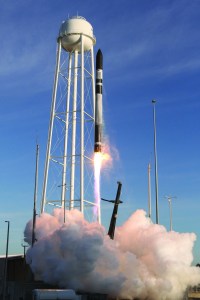
A Rocket Lab suborbital rocket is scheduled to launch from NASA’s Wallops Flight Facility in Virginia Feb. 25, during a window extending 4-7 p.m. EST. Backup days are Feb. 26-28, 4-7 p.m. The Wallops Visitor Center will not be open to the…
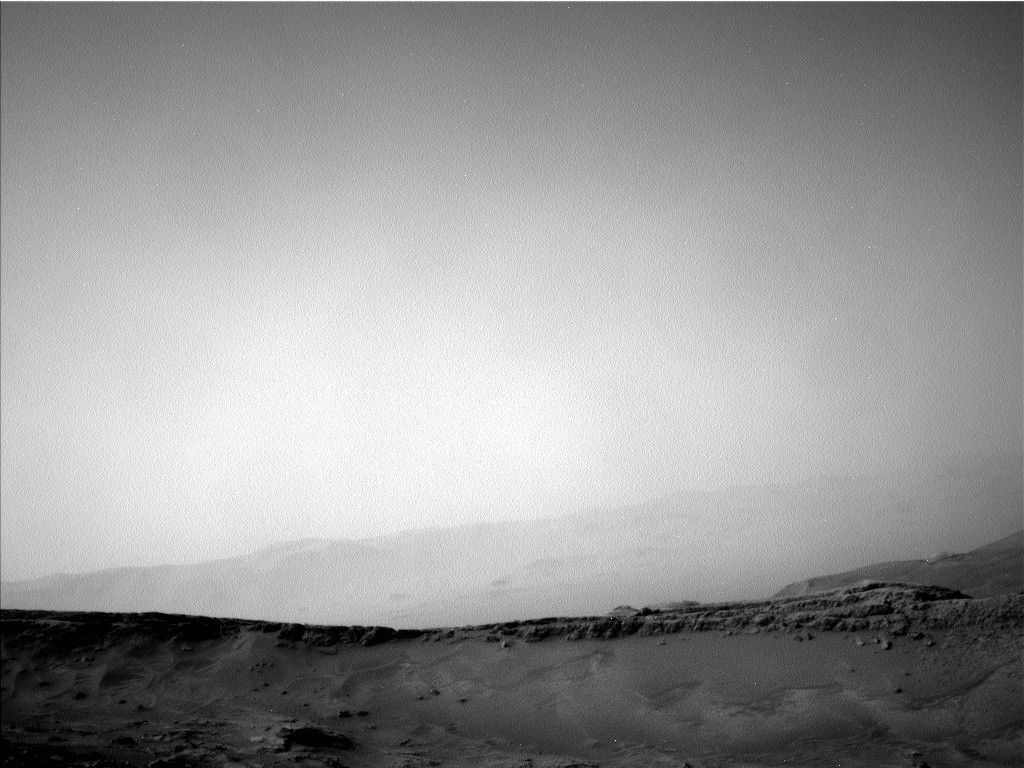
Written by Diana Hayes, Graduate student at York University, Toronto Earth planning date: Friday, Feb. 20, 2026 This has been a pretty routine week for Curiosity. As was mentioned last week, we’re now in the final phase of the boxwork…

On April 8, 2024, volunteers participating in NASA’s Eclipse Megamovie citizen science project all around the United States hurried to photograph the solar eclipse with the latest, greatest equipment, capturing groundbreaking images of the Sun’s corona.
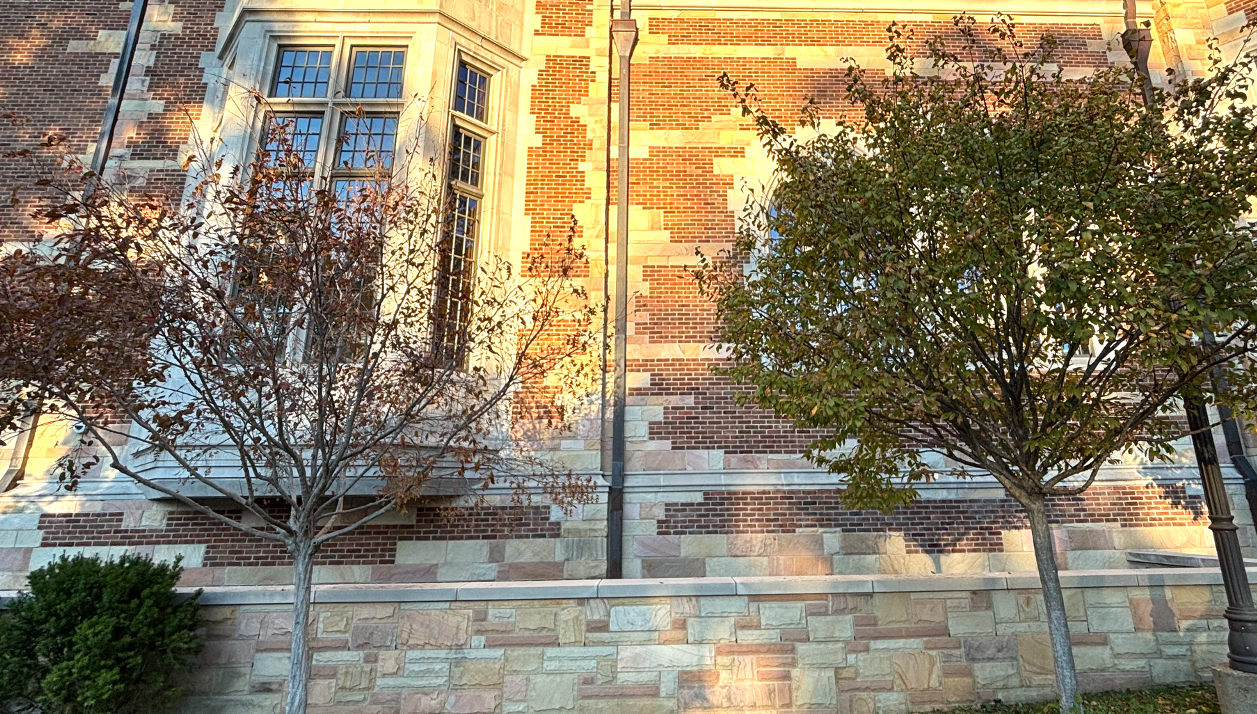
Plants exposed to artificial lighting burst into bloom earlier and flower longer than plants exposed exclusively to natural sunlight. A recent study that relies on NASA satellite data found that this effect raises pollen counts throughout much of the year,…
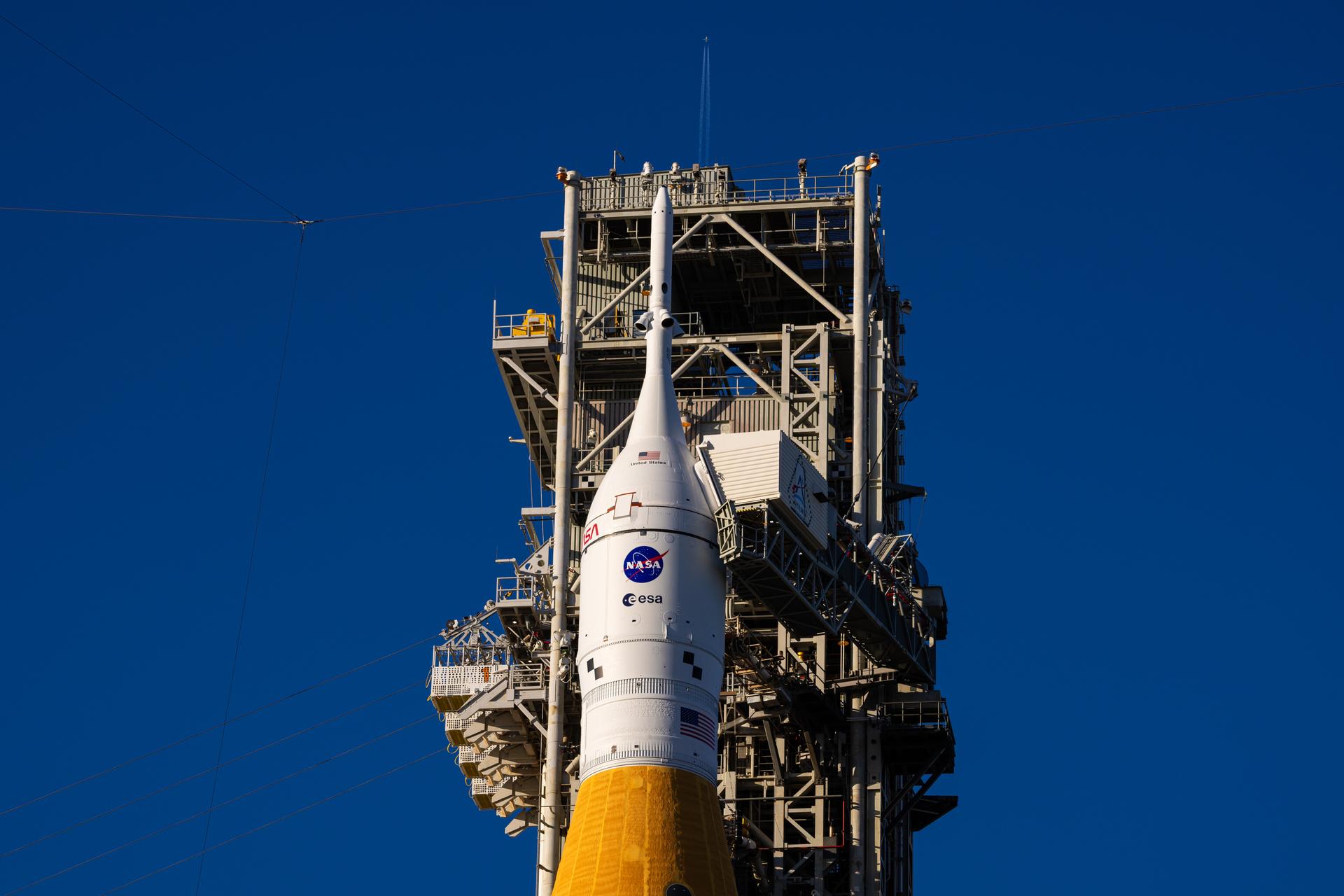
NASA is targeting approximately 9 a.m. EST, Wednesday, Feb. 25, to begin rolling the SLS (Space Launch System) rocket and Orion spacecraft for Artemis II off the launch pad and back to the Vehicle Assembly Building (VAB) at the agency’s…
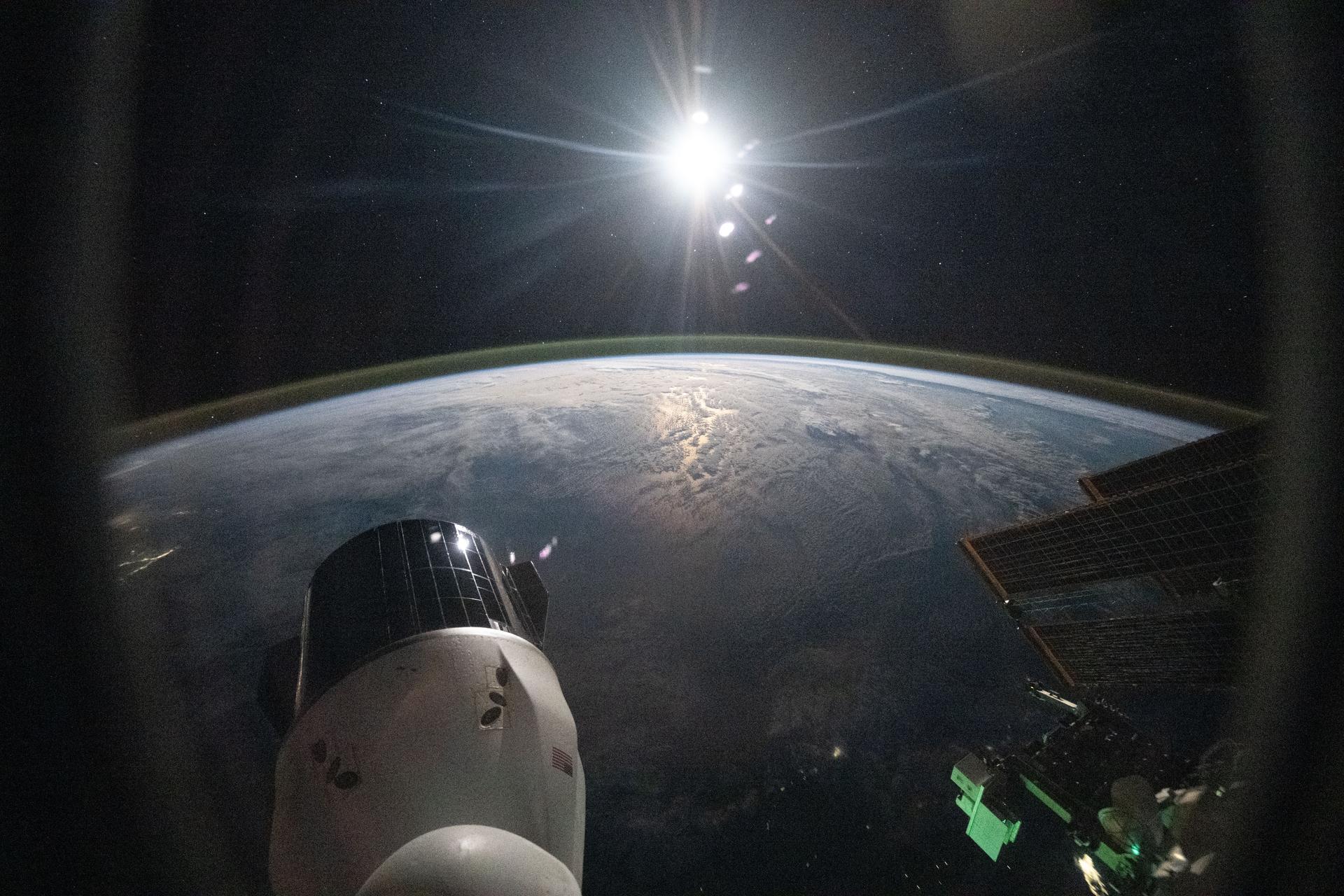
The Expedition 74 crew will finalize the packing of a SpaceX Dragon spacecraft as it nears its departure later this week. Science operations were still underway aboard the International Space Station on Tuesday as the orbital residents explored how living…
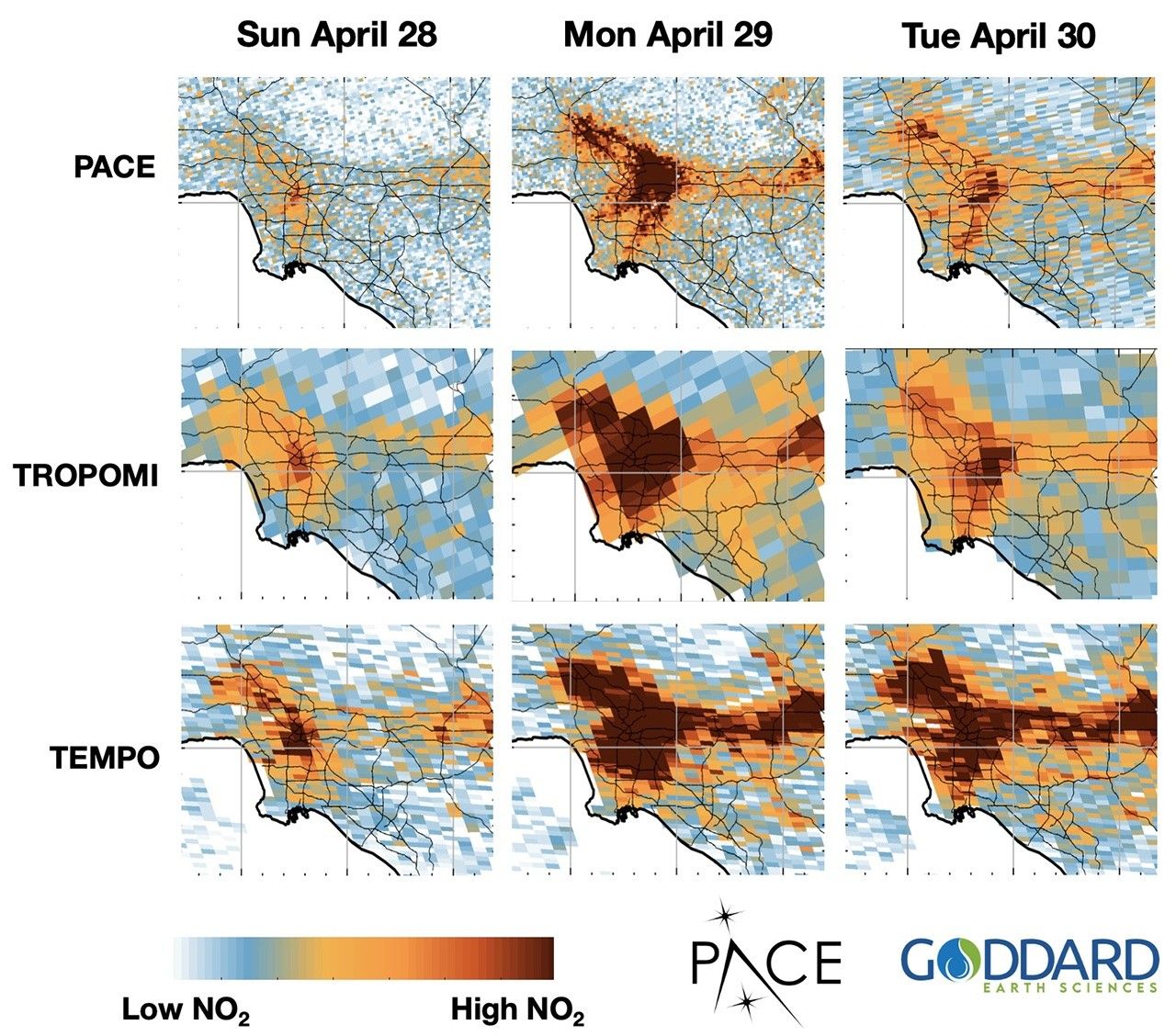
NASA’s Plankton, Aerosol, Cloud, ocean Ecosystem (PACE) satellite, known for measuring tiny organisms in the ocean and particles in the atmosphere, has a new capability: it can track nitrogen dioxide pollution. Nitrogen dioxide is a harmful air pollutant produced from…

NASA’s James Webb Space Telescope provided the first vertical view of Uranus’s ionosphere in this image released on Feb. 19, 2026, revealing auroras shaped by its tilted magnetic field. Getting a look at the structure of the region where the…
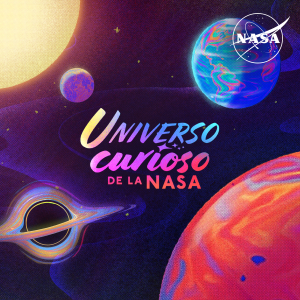
Bienvenidos a un vuelo imaginario con destino a un agujero negro. Con el astrofísico de la NASA Javier García como piloto, nos embarcamos en una odisea espacial donde el tiempo se dilata, la luz se curva, y las leyes de…
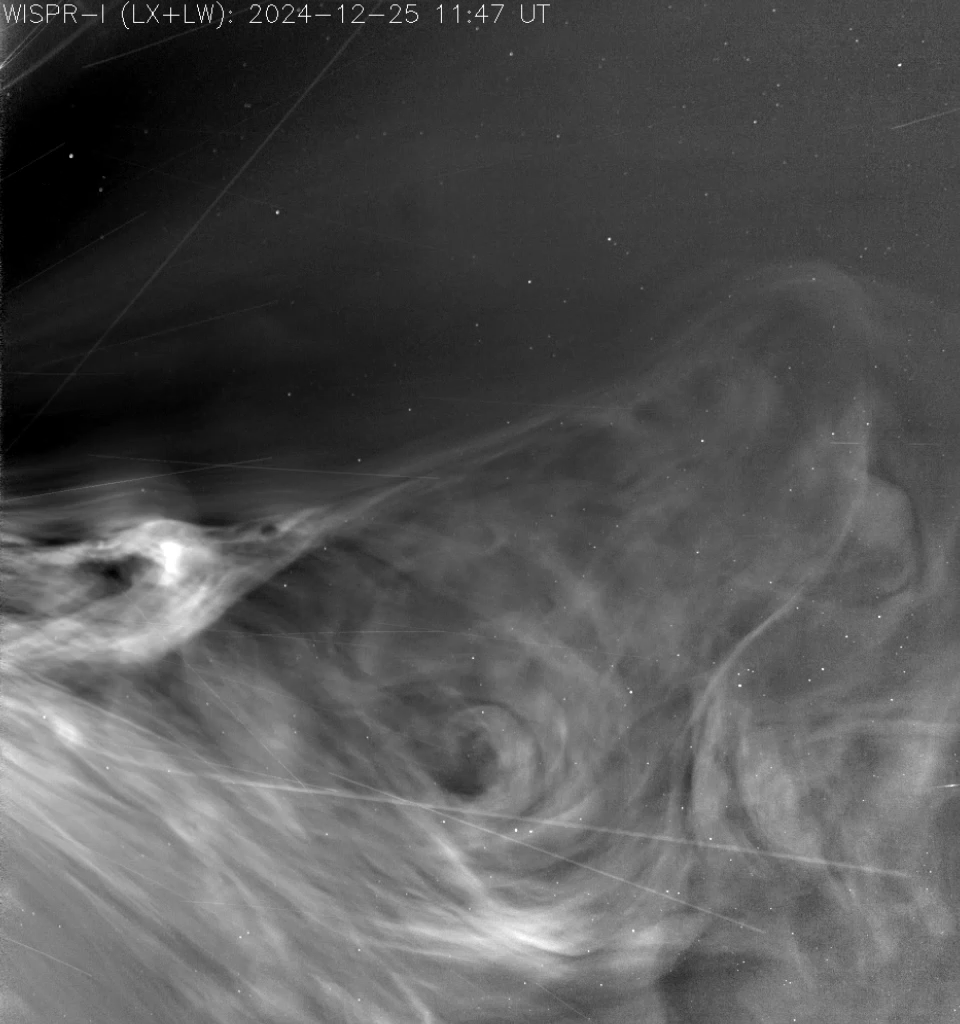
Groundbreaking “camera-on-a-chip” technology that was originally developed at NASA’s Jet Propulsion Laboratory (JPL) for use in space missions is currently employed in billions of devices like cell phones that are used daily by people worldwide.
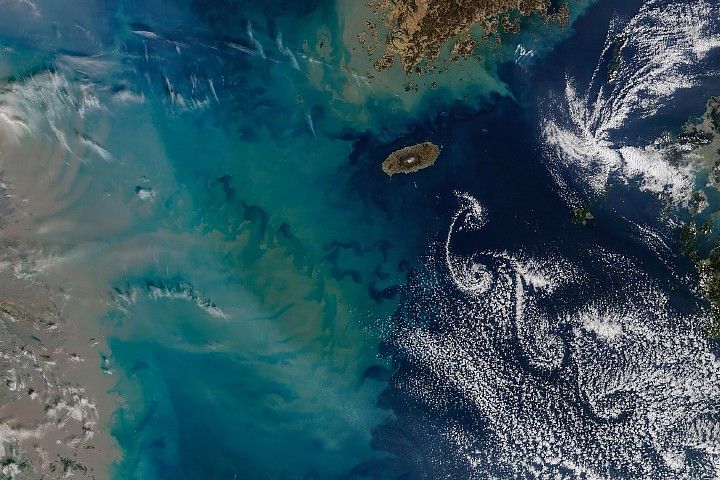
Winds blowing past the volcanic landmass near the Korean Peninsula created a trail of spiraling clouds, while murky water churned nearby.
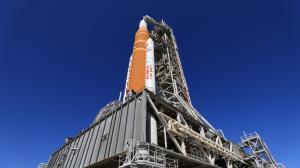
Due to weather, NASA now is targeting early Wednesday, Feb. 25, to roll the SLS (Space Launch System) rocket and Orion spacecraft for Artemis II off the launch pad and back to the Vehicle Assembly Building (VAB) at the agency’s…
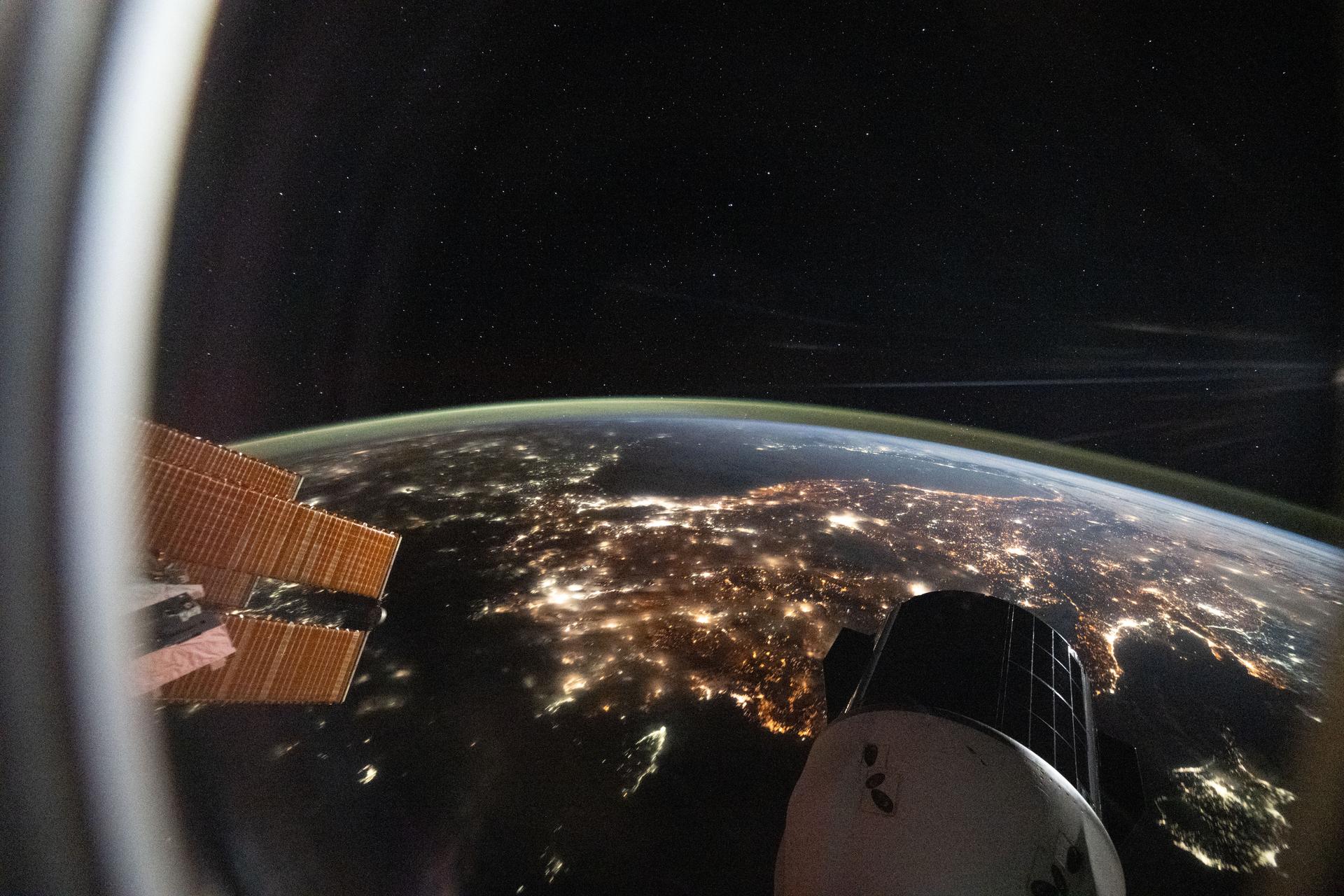
Expedition 74 was off duty on Monday following a weekend of crew handover activities, cargo packing, and microbiology research. A SpaceX Dragon spacecraft will also depart the International Space Station for return to Earth later this week.
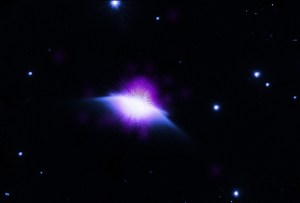
For the first time, a much younger version of the Sun has been caught red-handed blowing bubbles in the galaxy, by astronomers using NASA’s Chandra X-ray Observatory. The bubble – called an “astrosphere” – completely surrounds the juvenile star. Winds…
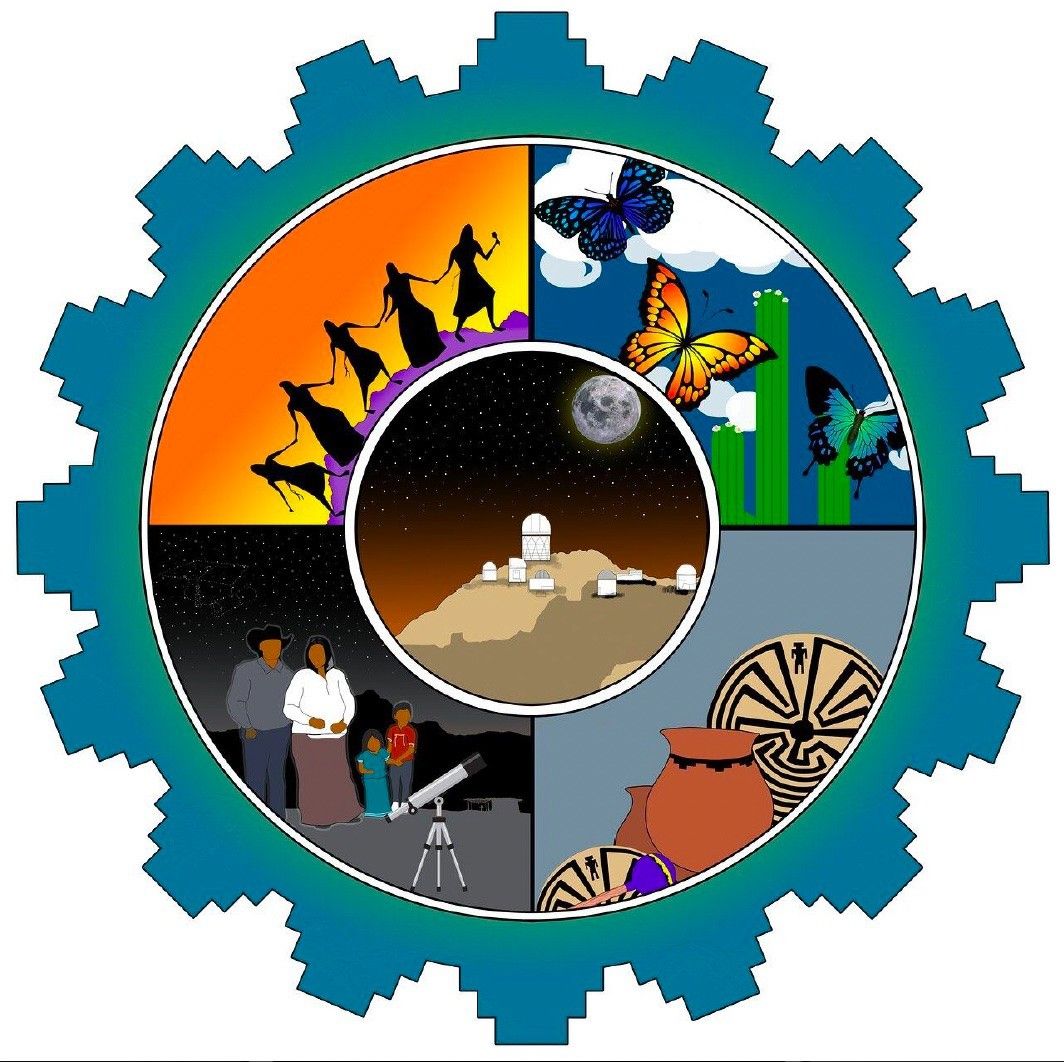
The Astronomy Activation Ambassadors (AAA) project, part of the NASA Science Activation program, aims to measurably enhance student STEM (Science, Technology, Engineering, & Mathematics) engagement via middle school, high school, and community college science teacher professional development.
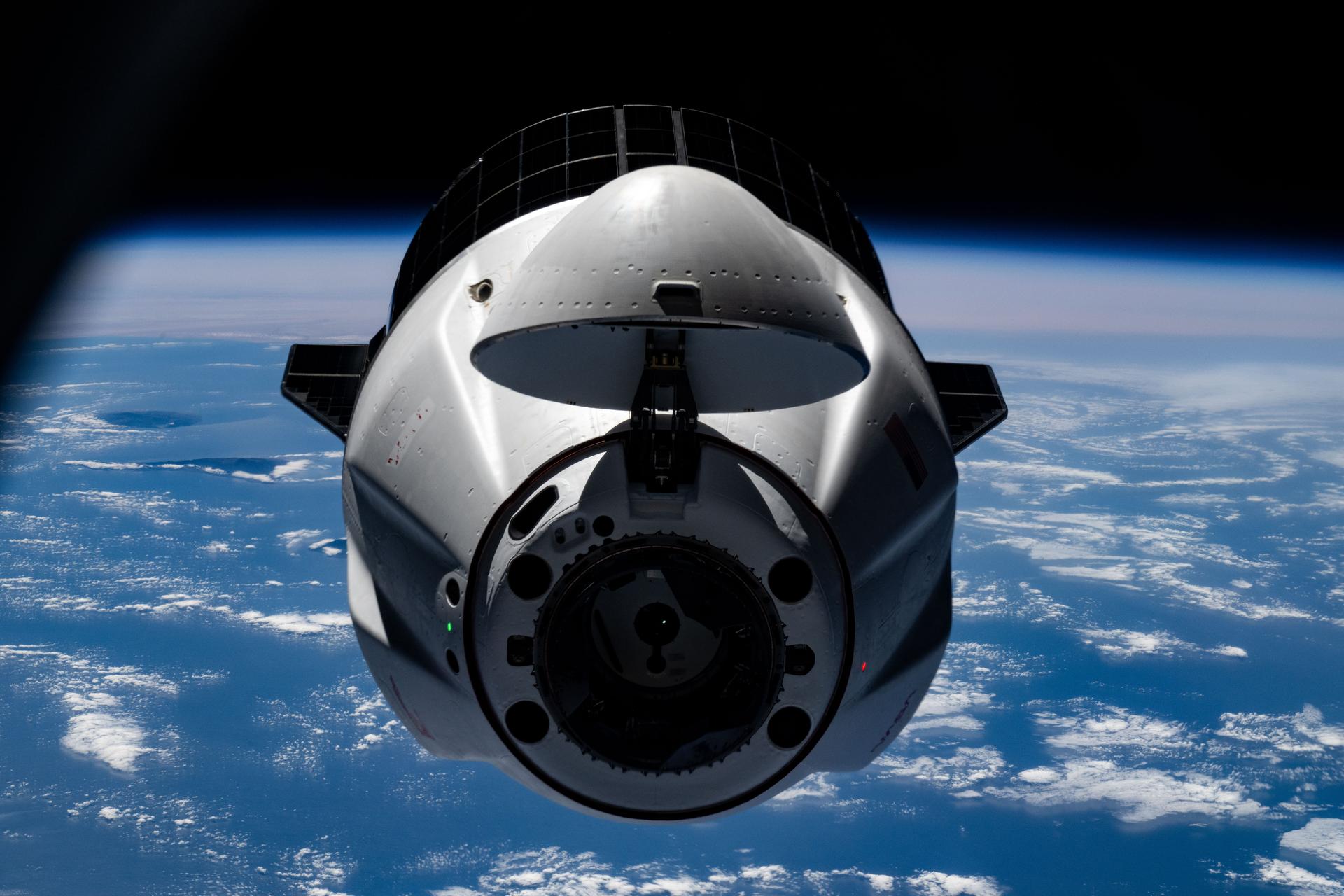
NASA and its international partners will receive scientific research samples and hardware when a SpaceX Dragon spacecraft departs the International Space Station on Thursday, Feb. 26, and returns to Earth. Watch NASA’s live coverage of the undocking and departure of…
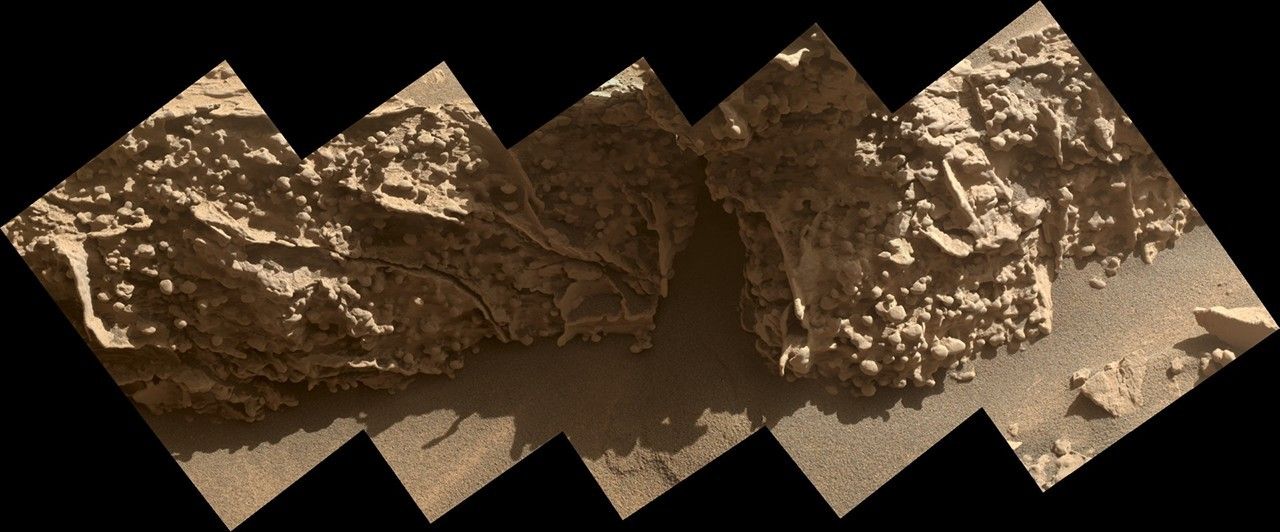
Description NASA’s Curiosity Mars rover discovered these bumpy, pea-sized nodules while exploring a region filled with boxwork formations — low ridges standing roughly 3 to 6 feet (1 to 2 meters) tall with sandy hollows in-between. This mosaic is made up…
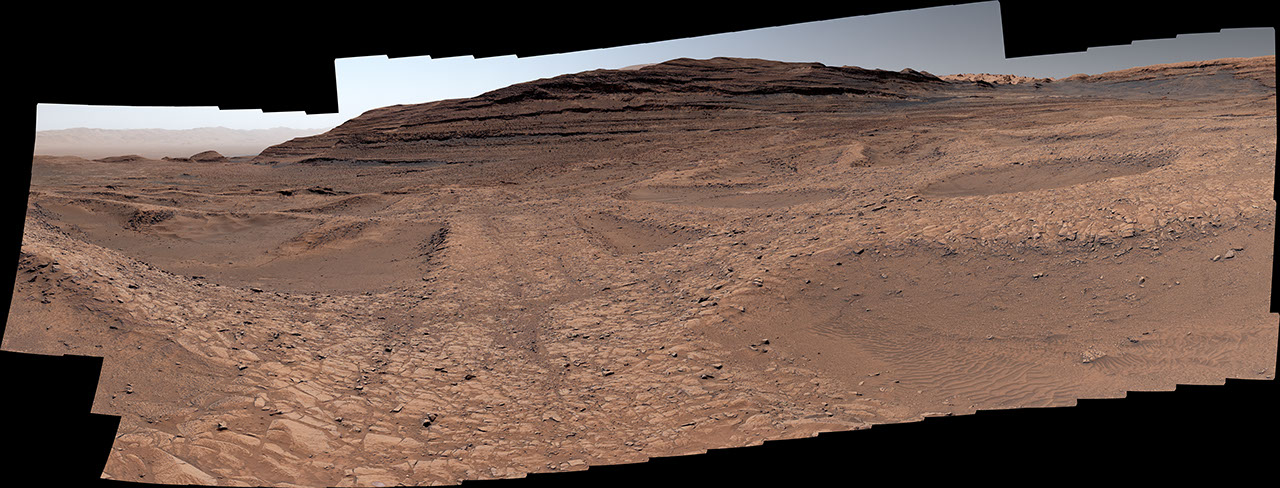
Description NASA’s Curiosity Mars rover captured this panorama of boxwork formations — the low ridges seen here with hollows in between them — using its Mastcam on Sept. 26, 2025, the 4,671st Martian day, or sol, of the mission. These…










